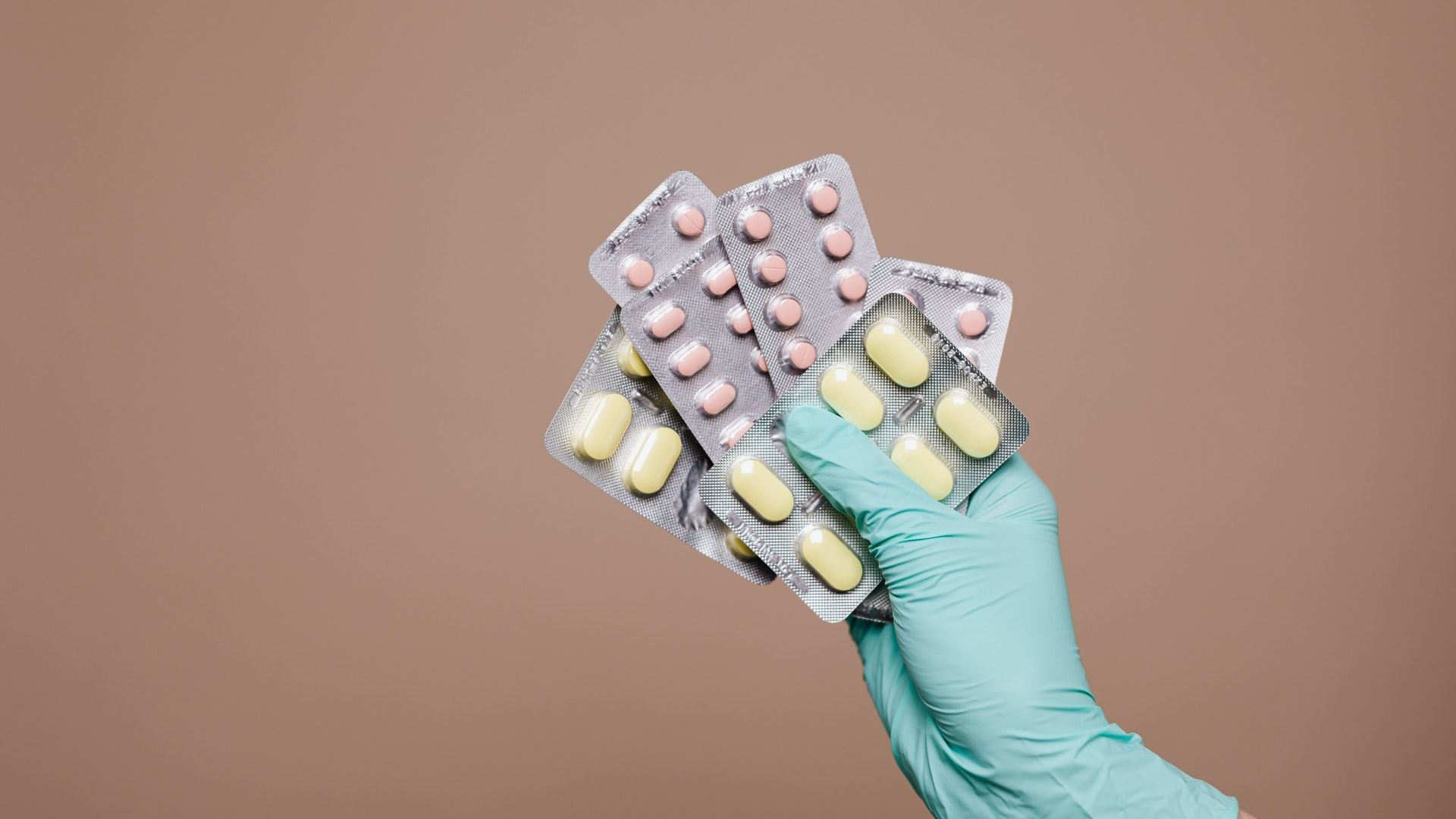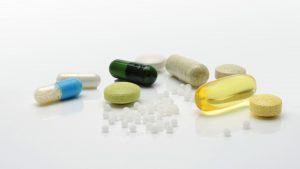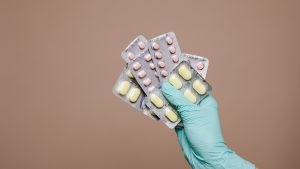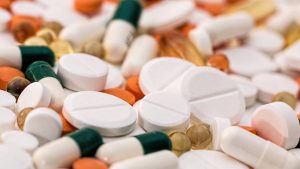It might be difficult to keep track of drugs when there appear to be more than there are diseases. Some can be purchased over the counter at pharmacies or other retail establishments, and others necessitate a physician’s prescription. Some of them are only available in hospitals.
What Are Medicines and How Do They Work?
Medicines are chemicals or compounds that are used to treat, prevent, or cure disease and relieve symptoms, and aid in the diagnosis of illnesses. Medicine has advanced, to doctors can now heal numerous ailments and save lives.
Medicines are now available from a variety of sources. Many were produced from natural chemicals, and many are still harvested from plants today.
Some medicines are created in laboratories by combining a variety of substances. Penicillin, for example, is a result of organisms like fungus. A handful has even been biologically engineered, with genes inserted into bacteria that cause them to generate the desired drug.
When we think of medications, we usually think of tablets. Medicines, on the other hand, can be administered in a variety of ways, including:
- liquids to be consumed or drop to be placed in the ears or eyes
- Inhalers are lotions, gels, or ointments that are applied to the skin (like nasal sprays or asthma inhalers)
- patches that cling to the skin (called transdermal patches)
- tablets that are dissolved in the mouth (called sublingual medicines; the medicine is absorbed into blood vessels and enters the bloodstream)
- Medicines that are given as injections (shots) or intravenous (inserted into a vein)
- The Food and Drug Administration in the United States must approve any medicine before it may be sold (FDA). The manufacturers test all new drugs and send the results to the FDA.
The FDA only authorizes new drugs to be used if effective and safe. The FDA normally allows the sale of a pharmaceutical when the benefits outweigh the recognized hazards. If medicine is later discovered to cause significant side effects, the FDA can remove it from the market.
Medicines of Various Types
Medicines have a variety of effects. Some treatments work by destroying or slowing the spread of invading microorganisms like bacteria and viruses. Others are used to treat cancer by eliminating or stopping cells from growing as they divide. Some medications are used to restore missing substances or address low levels of natural body chemicals like hormones or vitamins. Medicines can even impact sections of the nervous system that control bodily functions.
Almost everyone has taken antibiotics. This medication is used to treat bacterial infections. Your doctor may prescribe antibiotics if you have strep throat or an ear infection. Antibiotics either kill germs or stop them from multiplying, allowing the body’s immune system to combat the disease.
A component of the body may not be able to produce enough of a chemical, and you may become ill as a result of this. Insulin-dependent diabetes, for example, is caused by a pancreas that is unable to make enough insulin (a hormone that regulates glucose in the body). Thyroid hormone, which helps manage how the body uses energy, is produced insufficiently in certain people. Doctors can prescribe medications to replace the missing hormone in each circumstance.
Some medicines can help with symptoms, but they can’t cure the sickness that’s causing them. (Anything you feel while sick, such as a cough or nausea, is a symptom.) So while a tablet can help with a sore throat, it won’t get rid of the strep bacterium.
Some pain relievers are available. If you pull a muscle, your doctor may prescribe ibuprofen or acetaminophen to relieve the pain. These pain medicines, often known as analgesics, do not eliminate the source of the discomfort; your muscle will continue to be pulled.
As people age, they are more likely to develop chronic or long-term illnesses. Medicines can aid in managing conditions such as high blood pressure (hypertension) and high cholesterol. These medications do not treat the underlying disease, but they can help mitigate some of its harmful consequences over time.
Taking Prescriptions
It’s always vital to stay cautious and follow some fundamental principles, no matter what type of medicine your doctor prescribes:
- Tell your doctor right away if you feel worse after taking a drug.
- Make sure you’re using the correct medication. If you have the same prescription filled more than once, make sure it is the same form, size, and color. If not, make sure to inquire with the pharmacist.
- Read the label carefully and follow the instructions. If you have any questions, don’t hesitate to ask.
- Take your medications exactly as directed. Don’t take two tablets twice a day if the directions suggest taking one tablet four times a day, and it isn’t the same.
- Inquire about how the medication will affect daily tasks such as driving or concentrating in school.
- Don’t take more medicine than your doctor has prescribed, and it will not hasten your recovery or make you feel better. An overdose of medication can make you sick.
- Always follow the advice of your doctor or pharmacist. For example, they may advise you to take a medicine with food to reduce the possibility of stomach disturbance or take it on an empty stomach to avoid interfering with the medicine’s absorption into your body.
- Never give anyone else your prescription drugs, even if they have the same problem as you. Today’s drugs are quite complicated, and dosages are usually exactly prescribed for each individual’s needs. Underdosing or overdosing can be dangerous. Furthermore, various people’s bodies may react to the same medicine in different ways (for example, if the person has an allergy to one of the medication components).
- Talk to your pharmacist if you’re already using prescription medication and wish to switch to something over-the-counter. The medicines may interact negatively.
- Always notify your doctor and pharmacist if you’re taking any other medications or herbal supplements so they can rule out any possible drug interactions.
- If you think you could be pregnant, inform your doctor right away. Some medications might be dangerous to a baby. Also, if you’re breastfeeding, tell your doctor or pharmacist because some drugs can interfere with nursing.
- Keep in mind that drinking alcohol can exacerbate the adverse effects of many medications.
- Even if you get sick with what seems to be the same old thing, don’t assume you know what’s wrong and take any leftover medicine on your own. Taking that medicine for a different condition may not work, and it may even be hazardous. Consult your physician beforehand.
- Even if you start to feel better, take antibiotics for the full duration of the prescription to ensure that all bacteria are killed, and the illness does not return.
- If at all possible, keep medicines in their original labeled containers.
- Do not utilize any medicine beyond its expiration date, especially prescription medication.
- Medicines should not be kept in the bathroom since heat and humidity can degrade the drug’s potency. Most medications should be stored at room temperature and out of direct sunlight, and some items need to be kept chilled. If you’re not sure, ask your pharmacist or doctor.
Taking medications might be a hassle at times. On the other hand, medicines are the most effective therapies for many ailments. Talk to your doctor or a pharmacist if you have any questions about what a medicine does or how to take it.





